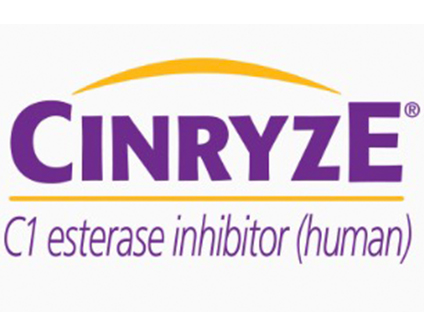
Hereditary Angioedema
Understanding Hereditary Angioedema (HAE)
Hereditary Angioedema (HAE) is a rare, genetic disorder characterized by recurrent episodes of severe swelling (angioedema) in various parts of the body. HAE is caused by mutations in the SERPING1 gene, which leads to a deficiency or dysfunction of C1 esterase inhibitor (C1-INH), a protein responsible for regulating fluid balance in tissues. Without proper regulation, excessive fluid accumulation results in unpredictable and potentially life-threatening swelling episodes. HAE is inherited in an autosomal dominant pattern, meaning that each child of an affected parent has a 50% chance of inheriting the mutated gene.
Common Signs and Symptoms of HAE:
- Recurrent Swelling Episodes: Sudden, severe swelling affecting the face, lips, tongue, throat, extremities, or abdomen.
- Abdominal Pain: Intense, cramping pain due to swelling in the gastrointestinal tract, often accompanied by nausea, vomiting, or diarrhea.
- Airway Obstruction: Swelling in the throat or airway can be life-threatening and requires immediate medical attention.
- Skin Involvement: Non-itchy swelling of the skin, often mistaken for an allergic reaction or hives.
- Potential Triggers: Episodes may be triggered by stress, minor injuries, infections, medical or dental procedures, hormonal changes, or certain medications (e.g., ACE inhibitors).
This information is provided as a resource and is not intended to diagnose a condition or prescribe treatment. Please discuss any symptoms you may exhibit with your physician.
Treatments prescribed by:
Referral Forms
Click on the link below to see all referral forms or select an associated treatment below in Associated Treatments to view detail and download the relative treatment referral form.
All Referral FormsAssociated Treatments
Click on a treatment below to view detail.


